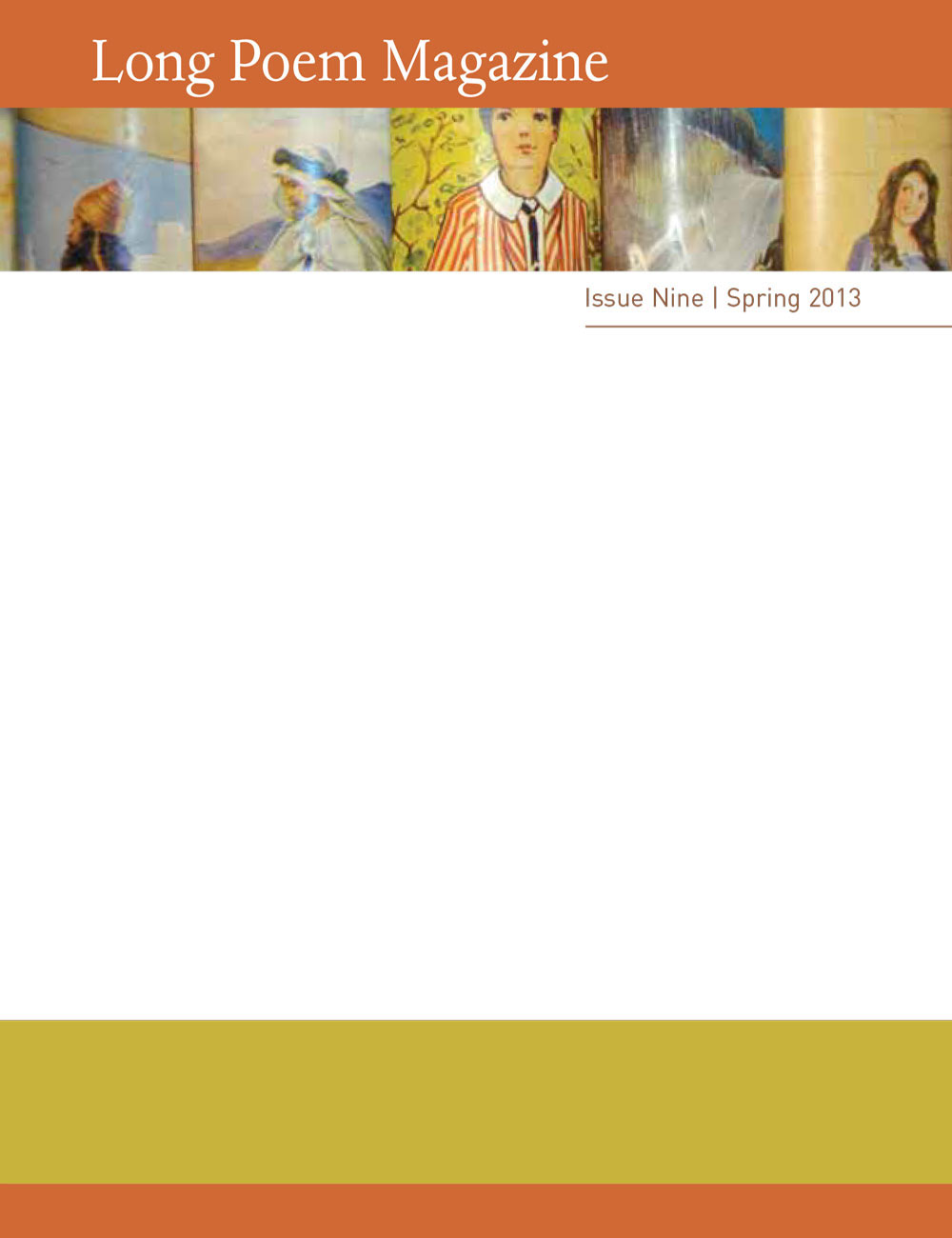Since its inception in 2008, Long Poem Magazine has published translations from Russian, French, Spanish, Arabic, Greek, Tamil, Romanian and German. All our contributing translators work with languages in which they are fluent and, alongside collaborators, some also work from literal texts in languages they don’t know. In an illuminating article (PN Review 132), Clive Wilmer discusses the different techniques and challenges of working with ‘Two Modes of Translation: the Direct and the Indirect’. He says: ‘All art thrives on a degree of resistance. The direct translator finds it in his or her encounter with the foreign tongue. For the indirect translator, the collaborator provides something similar.’
A multilingual translator, Wilmer has also worked for thirty years in the indirect mode on Hungarian poetry with the poet and critic George Gõmõri. What interests me here is the emotional impulse that prompts poets to work with languages they don’t know. I believe that most translators working in languages they know do so from love, desire, longing. Wilmer agrees: ‘In my own work there has often been a link between motive and mode. Thus, when I translate from a language I speak, such as Italian, I do so by and large because the original has become part of my mental landscape because it relates in my imaginative world to the poems I write myself and I therefore want to take possession of it.’ But what of the indirect mode? ‘Occasionally this has also happened with poems I cannot read in the original: one is fascinated by a poem, at the same time sensing the inadequacy of the existing versions, and so one seeks a way into the original. But this is not often the case.’
I asked LPM’s contributing translators about their own motives and approaches. Robert Chandler has never translated from a language he doesn’t know: ‘The only situation in which I can imagine myself wanting to do this is if I had a very close friend from some other country, with a real love of his country’s poetry and an ability to talk articulately about it in English. But even then I would probably want to try to get at least some elementary grasp of the language.’
Similarly, Patrick Early (see this Issue) has had little practice with indirect translation but says: ‘The experience can be oddly liberating, perhaps because one loses one’s scruples and simply gets stuck in, inspired by some exotic idea or intuition of the form and content of the original. With languages one knows well, one has important inhibitions based on detailed awareness of the original. It is as if the author is standing just behind the poem, watching.’
Peter Daniels, on the other hand, finds that ‘the emotional experience isn’t so different because the motivation to do a good version in English depends on the emotional connection with the meaning of the work. I find Khodasevich a congenial personality, and I have enough emotional connection with his work to do it. I made an attempt at Chinese where it was the emotional connection with what was being said in the literal version that drew me to it.’
Timothy Adès is a rhyming translator-poet: ‘The motive in all my translations is to re-create the poem, to delight and inform the reader or hearer, to create beauty where there is beauty, to convey anger where there is anger, and so on. Also to use my knowledge of French, German and Spanish, which I love. I translate modern Greek, which I don’t speak. But years ago I did ancient Greek, so I have the additional motive of using what I abandoned.’
Stephen Watts kindly sent his essay on co-translation, which is forthcoming in a Sicilian journal. It’s a fascinating account and includes his methods of co-translating and editing long poems in Arabic and Romanian, which were subsequently published in LPM. He sums up: ‘In all instances there has to be a seriousness, a respect for both texts, for both languages, for the contexts of the original and the translation and an ability to take care and to take risks.’
My thanks to Clive Wilmer, and to contributing translators for taking the time to respond.
Lucy Hamilton
